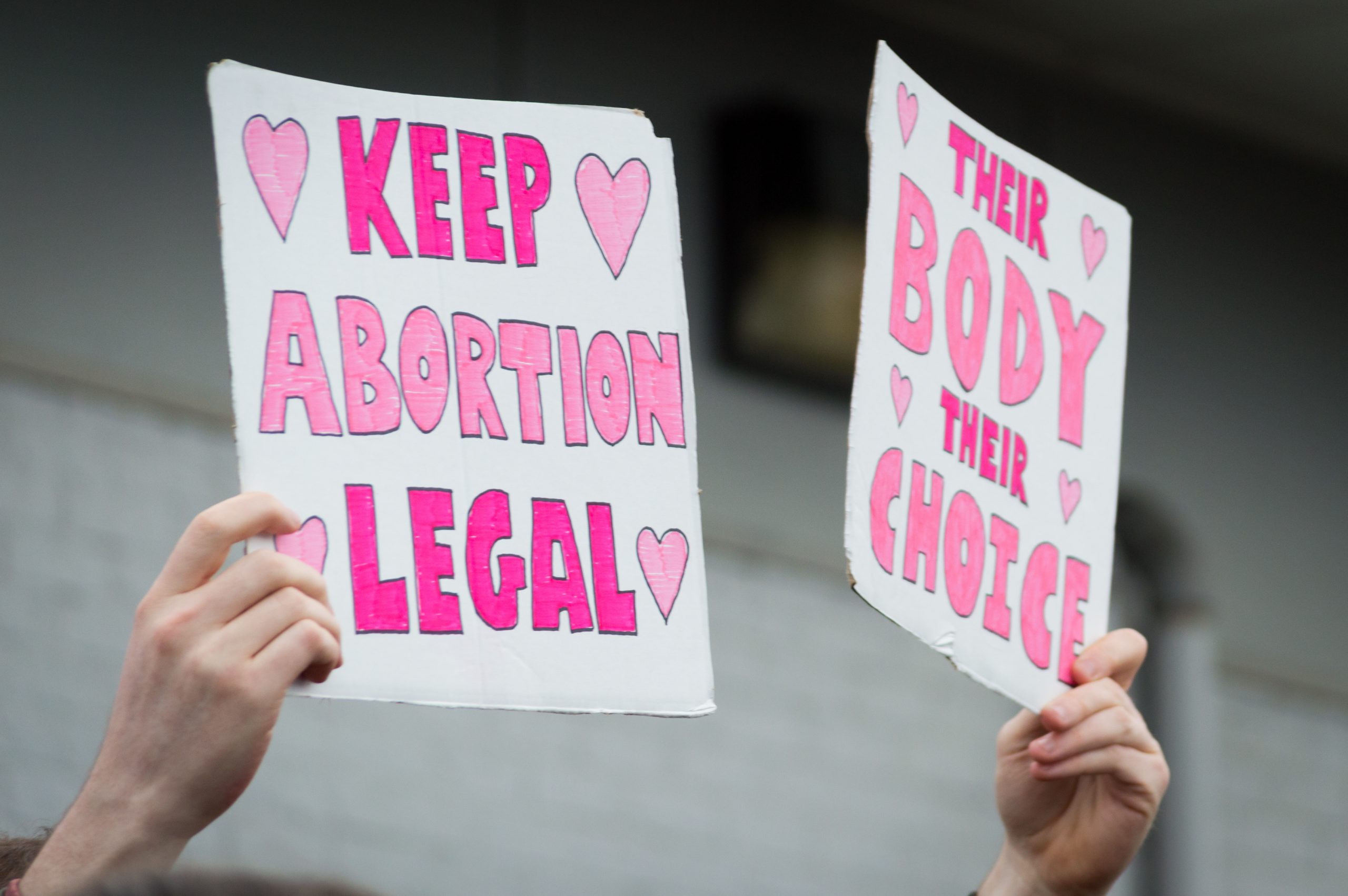In my years working with military service members, veterans, and their loved ones, I’ve become part of a growing coalition of advocates and storytellers who have won hard-fought abortion battles in Congress —including defeating an attempt to reinstate an abortion ban blocking veterans from getting the care they need. As part of our fight, we’ve shown how extremists in Congress are using the same playbook they use on abortion to also attack trans people: by slipping poison pill riders into legislation and by stoking fear and misinformation. And we’ve worked to unite our efforts in the fight for reproductive and transgender health care.
The Biden administration has taken key actions to protect health care access for military families. The Department of Defense instituted policies to cover travel and transportation costs for reproductive care that beneficiaries can’t otherwise receive in the military. The Biden administration overturned the Trump administration’s hateful ban on transgender individuals serving in the military. And the Biden administration rescinded a total ban on abortion at the Department of Veteran Affairs (VA)—which provides health care to over 9 million veterans— allowing for abortion care in cases of rape, incest, and endangerment to the life or health of the pregnant person.
But Project 2025 risks all that progress. Project 2025 claims to honor the sacrifices of military service members, veterans, and their loved ones—but it’s really just lip service. Because, according to Project 2025, not all of them deserve to be honored, and certainly not those deemed morally reprehensible by Project 2025’s authors, and definitely not people who may need abortions, or LGBTQI+ people, people living with HIV, or people of color, or really anyone who doesn’t fit into their conservative agenda. In fact, in one breath, Project 2025 complains at length about the decline in patriotism, recruitment, and retention in the military, while at the same time it dismisses the fact that service members need abortion care and denies the right of trans people to serve altogether.
Project 2025’s dangerous and hateful agenda would reinstate the transgender service ban—harkening back to the dark days of open discrimination and hate—and would put abortion care further out of reach for service members who already face bans on coverage and care in the military. It would ban all diversity, equity, and inclusion (DEI) initiatives and raid military academies for any whiff of material it finds “inappropriate,” an obvious dog whistle for bigotry since it could broadly ban books or resources related to DEI or LGBTQI+ people.
When it comes to veterans, the authors of Project 2025 again talk out of both sides of their mouths, claiming to support mental health services and urging VA to adapt to the shifting demographics of veterans. But when it comes to supporting veterans who need abortions? Or gender-affirming care? Forget about it. Project 2025 would shut down this care entirely, leaving behind veterans who depend on VA for this care. For all this talk about helping our veterans, their agenda focuses more on blaming the Biden administration for “indoctrination,” complaining about remote employee work, and ensuring the spread of COVID than actually expanding access to essential health care.
For the military and veteran community, this extremist policy agenda threatens to turn back the clock on access to essential health care, and bring back the hate, bigotry, and discrimination that has infamously plagued our military, to the detriment of those who serve.
To me, the most insulting part of this hateful playbook is not the extremist attacks against service members and veterans, but the time Project 2025 spends on trivial, politically expedient goals that do nothing to help actual people. The needs of women, LGBTQI+ people, and people of color are irrelevant in this extremist worldview.
We may not be able to deter Project 2025 loyalists from pursuing their agenda. But we are continuing to grow our coalition of military and veteran storytellers, who are working to actually protect and expand access to health care for military communities. And, with the community of advocates we’ve fostered, I’m confident we’ll win.






